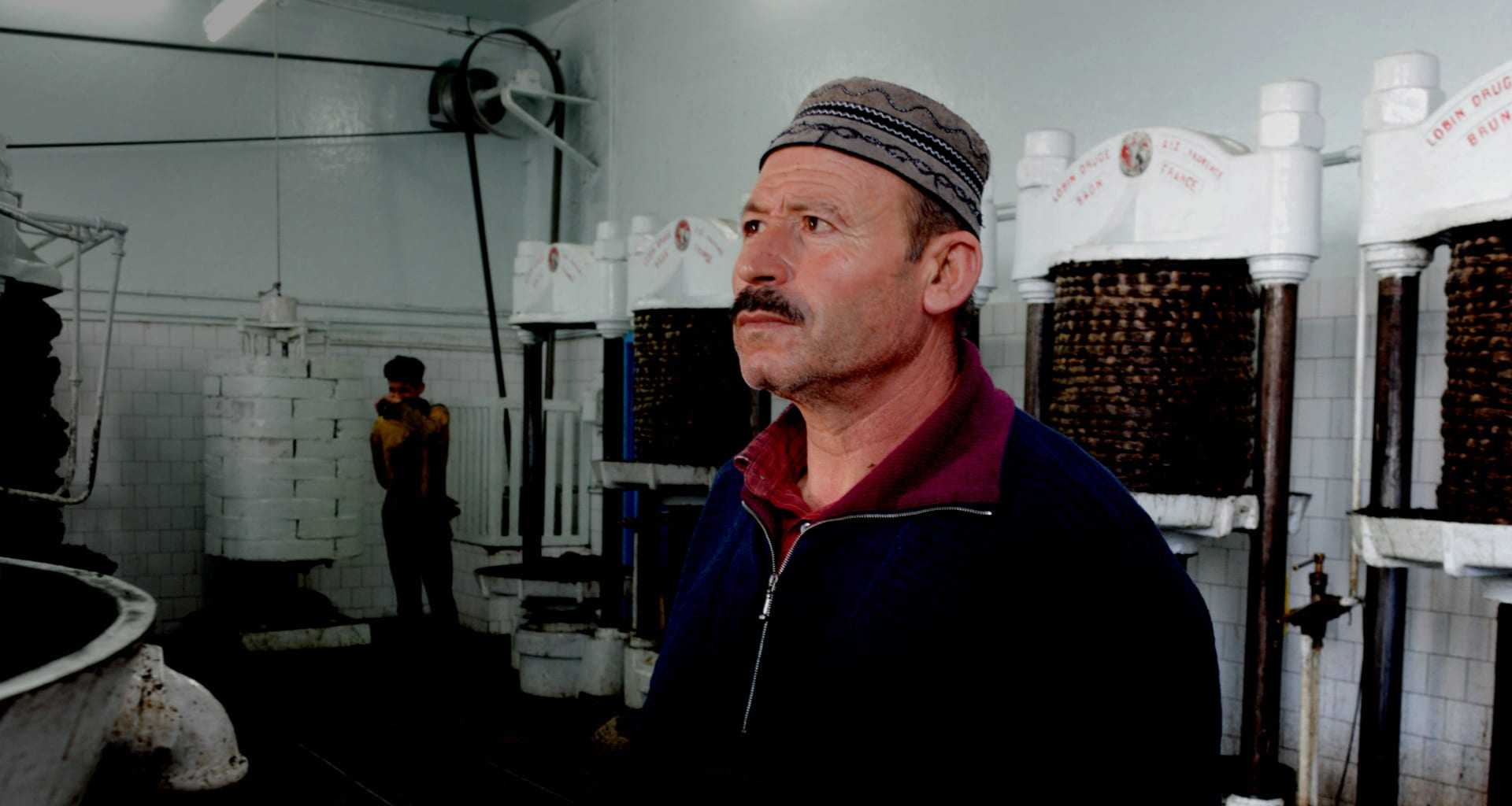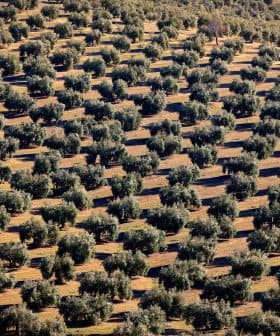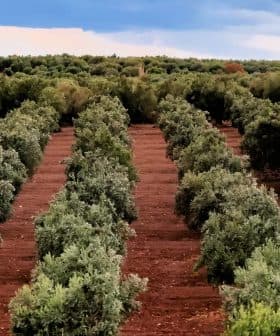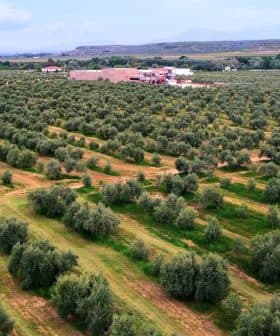Troubles Persist for Tunisian Olive Oil, As Officials Hope to Turn a Corner

 Feb. 3, 2020 14:21 UTC
Feb. 3, 2020 14:21 UTCTunisia, the world’s largest olive oil producer outside of the European Union, is focusing on communication, culture, and exports to push its olive oil brands into new international markets. Despite challenges such as collapsing olive oil prices and political turmoil, Tunisian officials are optimistic about the future and aim to make national companies competitive in key international markets.
The world’s largest olive oil producer outside of the European Union is looking for a fresh start. A renewed focus on communication, culture and exports will be fueling new initiatives in Tunisia, say officials.
The goal is to push some of the country’s olive oil brands into new international markets. The core of the project is to give the world a new image of Tunisian olive oil and its production practices.
A few months ago we could count on the commitment of large companies, now it is all gone… They (the government) tell us it will get better with the new initiatives, so we hope for the best.
Given the collapse of olive oil prices and the shrinking profitability of producing oils for growers, it could be a tough battle.
Add in the political turmoil that is shaking the country and tariffs, and the challenge seems even more daunting. Still, Tunisian officials are optimistic about the future.
See Also:The Best Oils from Tunisia“We are going to make national companies able to position themselves in the most relevant international markets for packaged oil and to effectively compete in new markets,” Youseff Neji, the president of Tunisia’s Export Promotion Center (Cepex), said.
China, Japan, Russia, Finland, Sweden, Saudi Arabia and Brazil are the main markets that officials from Cepex are aiming for.
In a press briefing, Neji explained that exports currently face several hurdles that may easily be removed. He cited the bureaucratic process Tunisian companies have to undergo to be listed as registered exporters as one of the main hurdles.
However, with the new plan in place, exporters will be able to register with the customs authority more quickly and easily.
Tunisian olive production in 2019 was quite good, with a yield of 300,000 tons, according to the International Olive Council, the country’s third-highest yield on record. Overall, the olive oil sector accounts for a large share of the total agricultural output of the country.
“The Tunisian olive sector is of great importance in the revitalization of the national economy since it represents a real source of income in foreign currency for the country,” Neji said.
However, olive oil prices have collapsed in Tunisia as well as elsewhere in the Mediterranean and do not show any sign of recovery.
Growing olives in some areas of the country is becoming increasingly difficult. In those areas, many of which operate using traditional farming and harvesting methods, low olive oil prices are leaving farmers and producers with little if any profits.
“A big share of our production this year is going to be wasted,” Mohammed Mahgub, from the eastern Tunisian region of Mahdia, told Olive Oil Times. “A few months ago we could count on the commitment of large companies, now it is all gone.”
Olive oil prices are now so low in the area that some companies have retracted their earlier commitments and will not invest in harvesting olives.
“In Mahdia, olive oil prices are now set to three Dinars ($1.07) per kilogram,” Mahgub said.
A new narrative alone will not be enough to bring Tunisian olive oil to new international markets, but officials at Cepex believe optimism and a new vision mark the beginning of a drive to bring in much-needed investors, technology and dynamism.
“They tell us it will get better with the new initiatives, so we hope for the best,” Mahgub said.


 Paolo DeAndreis
Paolo DeAndreis






